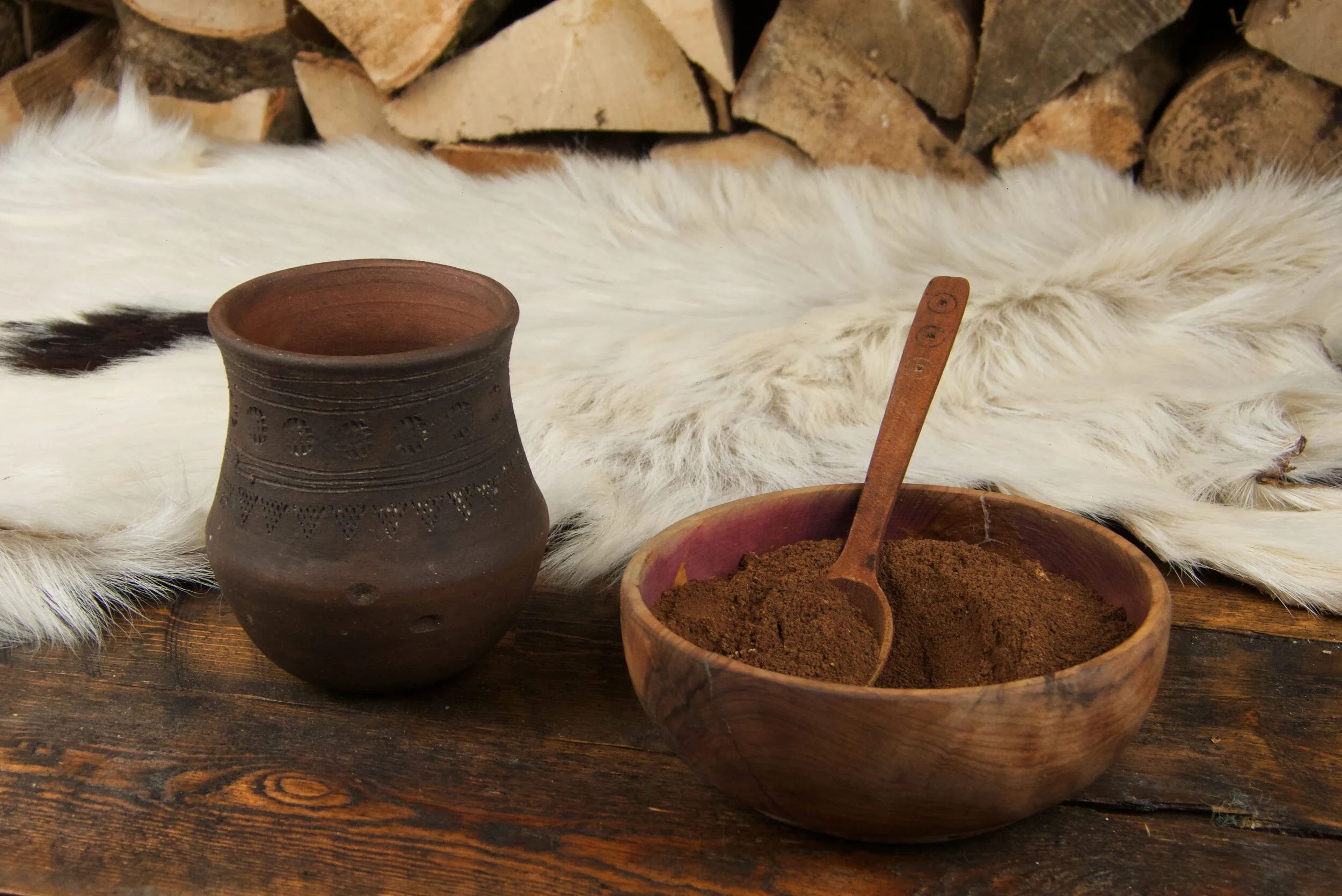Ingredients:
200g/1 cup wholemeal bread flour
300/1.5 cups strong white bread flour
10g/2 tsp salt
100g/3/4 cup walnuts (roughly chopped)
200g/3/4 cup sourdough starter
50g/2.5 tablespoons honey
250ml/1 cup warm water (give or take)
Method:
Put the flour, walnuts and salt into a large bowl and mix together.
Add the starter and honey. Slowly add the water and mix together to form a dough.
It needs to be workable, so as not to stick to your hands too much, but too dry and it will fall apart. You can add more or less water depending on how your dough feels. I find it varies slightly every time.
Tip out onto your worktop and knead for around 5-10 minutes. I don’t bother to flour or oil the worktop, I never really found it necessary.
There are various ways to knead your dough I like to stretch it out, then roll it back in and give it a 90 degree turn, before stretching it out again.
Cover with a damp cloth and leave to prove, somewhere warm, for a couple of hours, or until it has roughly doubled in size.
Tip the dough back onto your work surface and shape into a loaf, then place on a baking tray.
Leave the loaf to prove for a further 30 minutes. Meanwhile, pre-heat the oven to 250 degrees C.
Slash the top of the loaf, and leave to prove for a further 10 minutes.
Pour some boiled water on the bottom of the oven.
Cook for 10 minutes before dropping the temperature to 200 degrees if the crust is looking pale, 180 degrees if the crust is noticeably browning, and 170 if it seems to be browning quickly. Cook for a further 40 mins.
Remove from the oven, the loaf should sound hollow when you tap it on the bottom, if not return it to the oven for a little longer.
This can also be cooked in the dying embers of a fire, just divide the dough into small rolls first, rather than a loaf.
Leave to cool fully before cutting.






